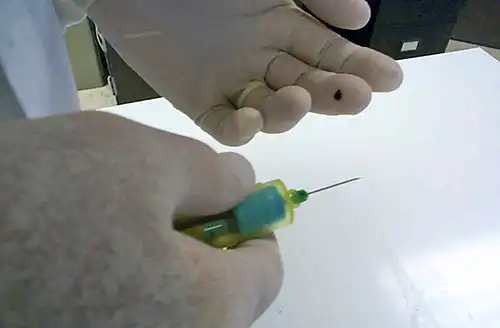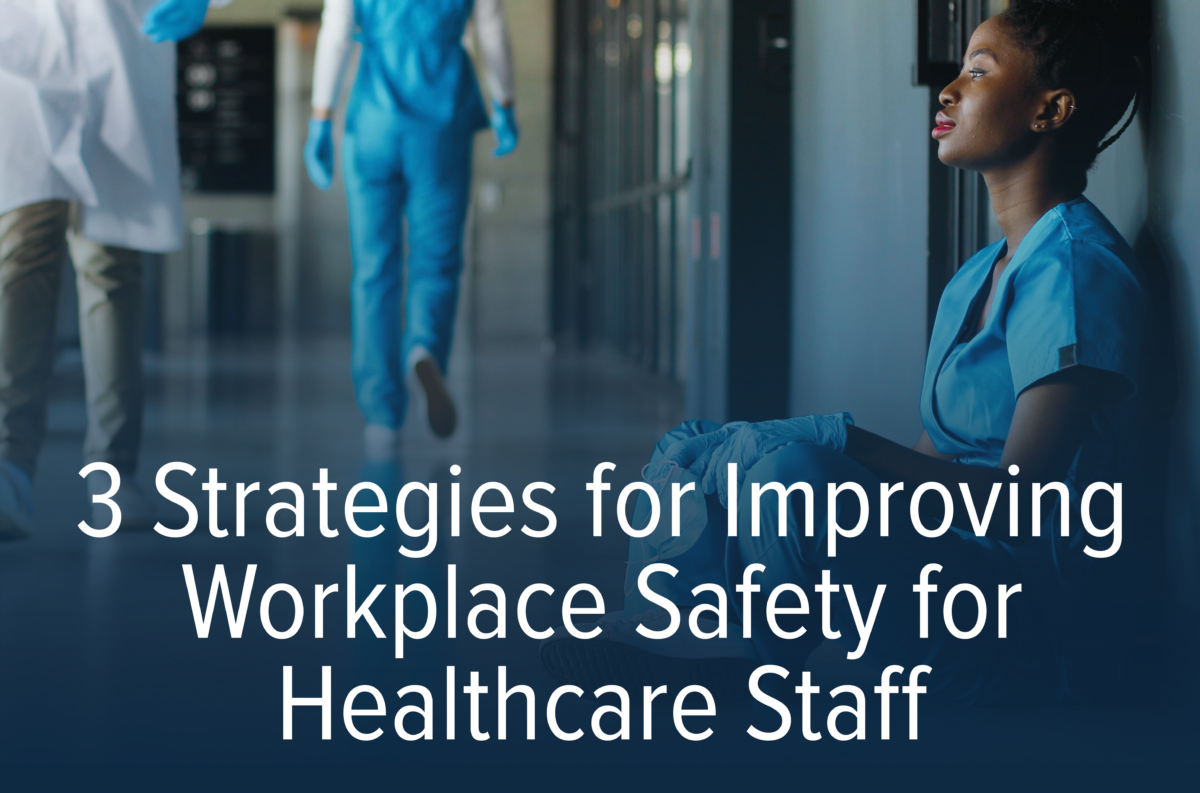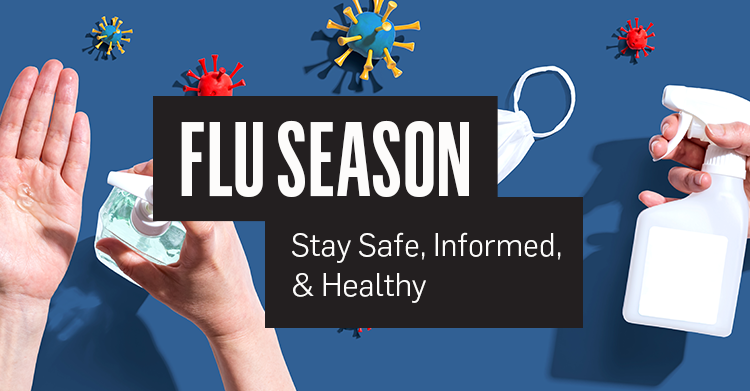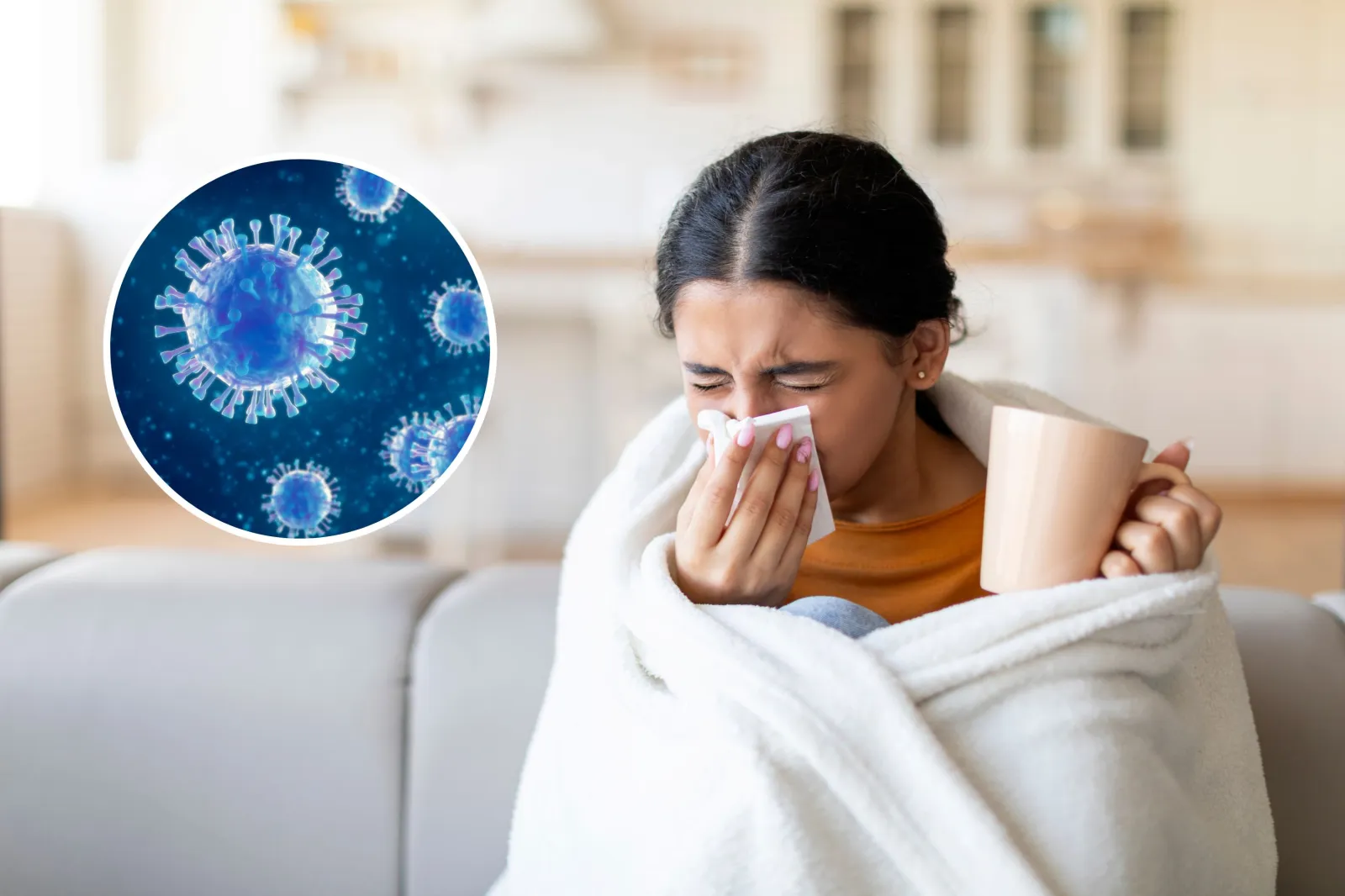Accidental Needle Sticks Injuries’ In Virginia: Expert Solutions From Secure Waste
Needle stick injuries in Virginia are a notable concern for many, especially those who work closely with needles, like nurses and laboratory professionals.
These injuries can also happen during routine tasks like handling trash, even without medical waste. According to the CDC, around 385,000 healthcare workers face this risk yearly.
While the chance of contracting diseases from a single needle stick is relatively low—about 1 in 300 for HIV—it’s vital to stay informed.
A How To For SAFE Sharps Needle Handling
The risk is much higher for hepatitis B, reaching nearly 1 in 3 for unvaccinated workers. Following safety protocols and getting vaccinated can significantly reduce these risks and foster a safer work environment. Together, we can prioritize health and safety in our workplaces!
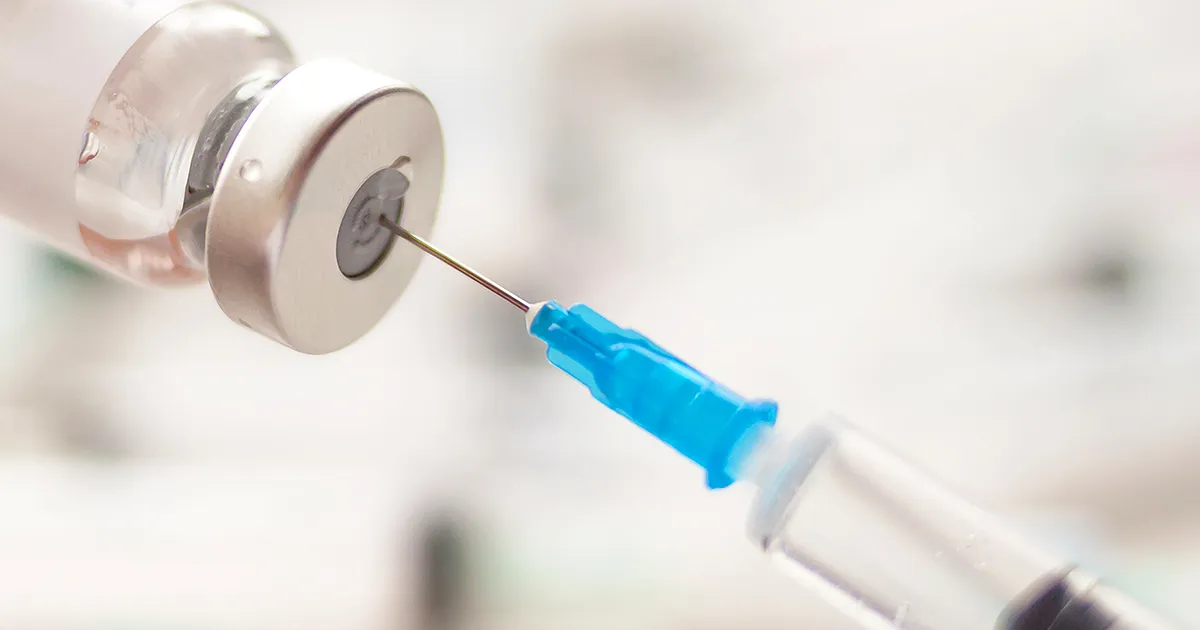
What Diseases Are Spread By Needles?
Be aware that accidents and sharing needles can lead to the transmission of various viruses and bacteria. These hidden dangers can pose serious health risks, encompassing more than the well-known infections. Stay informed and protect yourself!
Rocky Mountain spotted fever, the varicella-zoster virus—responsible for chickenpox and shingles—and the Epstein-Barr virus, a member of the herpes virus family, are significant health threats we must take seriously. It is essential to recognize their impact and stay informed.
When it comes to HIV, your risk of contracting the virus increases significantly if the needle is:
- Contains blood.
- Was first stuck in someone’s artery or vein.
- Was used on someone with advanced HIV/AIDS.
How to Handle It If You Get Stuck With a Needle
Finding where a needle is stuck can be alarming, but don’t panic! Here’s a quick and engaging guide on what to do in this prickly predicament.
1. Wash the area immediately. Clean any accidental sticks immediately by rinsing and washing the affected area thoroughly with running water and soap. There’s no need to use antiseptics or disinfectants. It’s also advisable to flush out your eyes, nose, and mouth with water or sterile saline if there are any splashes from the needle.
2. Fact-check the source. Gather as much information as possible about the source patient who used the needle. It is imperative to determine if they could have HIV, hepatitis B, or hepatitis C.
3. Seek immediate treatment. This situation is urgent and requires prompt attention in a healthcare setting. The treatment plan will depend on factors such as how deep the needle penetrated, where it stuck you, your medical history, and the medical history of the source patient.
4. Related: Intimacy and HIV: Safe Sex Guidelines
If your doctor assesses that you are at risk for infection, they may treat you in several ways.
5. Post-exposure prophylaxis (PEP): A short course of antiretroviral drugs, taken within 72 hours of exposure to the virus, may prevent it from establishing itself in your body. PEP must be taken for 28 days to protect against a possible HIV infection.
6. Hepatitis B vaccination: No additional treatment may be necessary if you have been vaccinated successfully.
7. Hepatitis C monitoring: No specific action is needed, but you should be monitored closely in case treatment becomes necessary.
8. Report the incident. More than half of accidental injuries from needles and other sharp medical instruments go unreported. Reporting any injury from an accidental needle stick helps you receive the appropriate care and contributes to developing guidelines for safer needle handling and protecting others in the future.
Needle Stick Prevention
Needle injuries are most common during injections or blood draws, but they can also happen in other situations. For instance, please be careful when disassembling needles for disposal or placing them in a sharps container. Staying aware helps ensure safety in all scenarios!
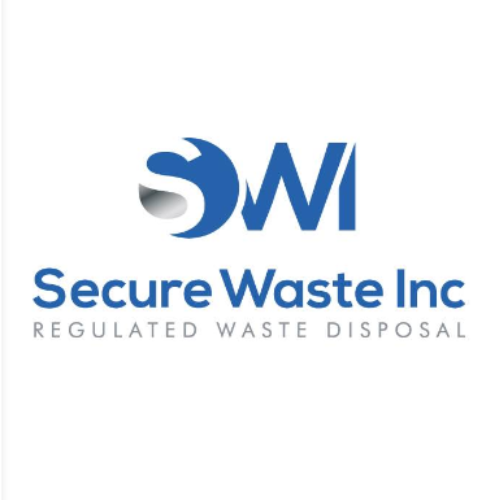
Expert Medical Waste Management: With over 25 years of industry experience, Secure Waste is a trusted local leader in hazardous and biohazardous waste disposal across Maryland, Virginia, and Washington, D.C. Specializing in medical waste management, sharps needle disposal, and biohazard waste removal, the company ensures full compliance with federal, state, and local regulations while prioritizing environmental sustainability.
The company also offers additional services, including secure document shredding and sharps container sales, providing comprehensive solutions for healthcare facilities and businesses. Our cost-effective services help clients maintain regulatory compliance without unexpected costs.
With a commitment to customer satisfaction, Secure Waste offers tailored waste management plans that align with industry best practices. Their team of experts provides reliable, timely, and compliant services, making them the preferred choice for medical waste disposal. For a free waste quote or more information, visit www.securewaste.net
